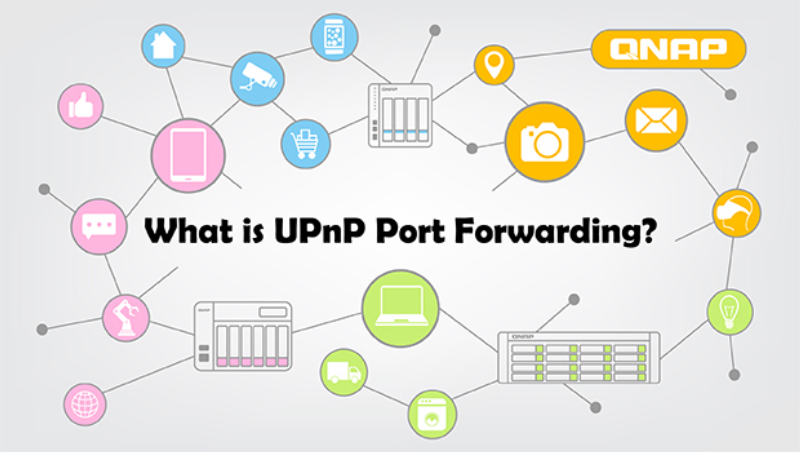Understanding Browser Categories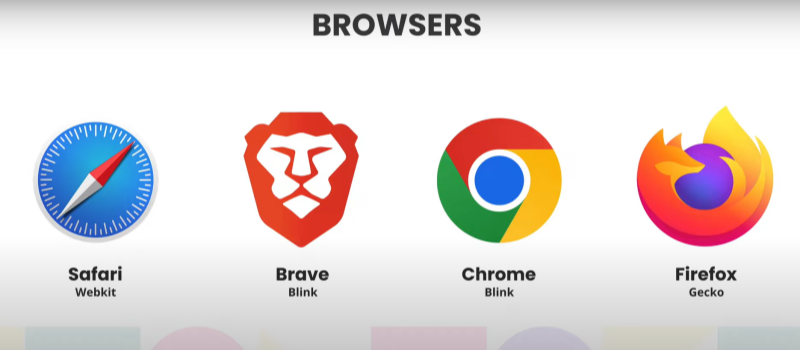
When exploring the types of browsers available, it’s important to note that they can generally be divided into a few main categories:
- Mainstream Browsers: These include industry giants like Google Chrome and Microsoft Edge, designed for broad usability and integrated services.
- Privacy-Focused Browsers: Examples include Brave and Tor Browser, built specifically to protect user privacy and block trackers.
- Open-Source Browsers: Firefox, among others, offers transparency in code and is community-driven, providing a balance between performance and privacy.
- Lightweight Browsers: These are designed for speed and minimal resource usage, such as Opera and Vivaldi, often appealing to users on older hardware.
Each category addresses different user needs. Today’s discussion focuses on how these browsers balance speed, privacy, and overall security—key factors for an optimal online experience.
📖Related Reading
Chrome: The Ubiquitous Powerhouse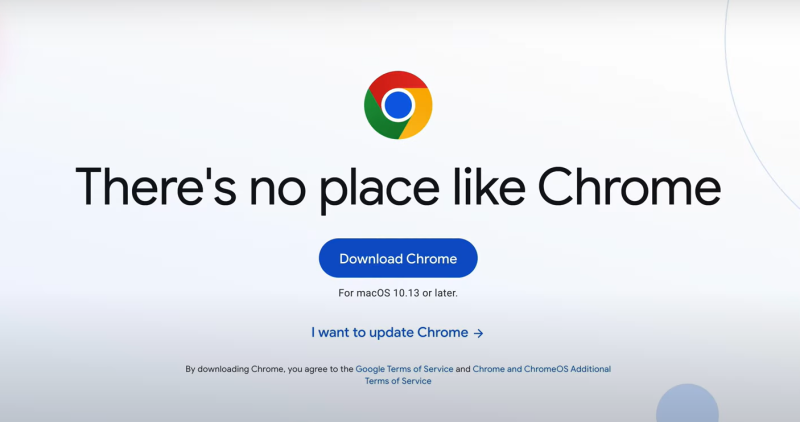
Overview
Google Chrome has dominated the browser market for years. Known for its sleek interface, extensive extension library, and integration with Google’s ecosystem, Chrome offers a highly optimized browsing experience. However, its approach to data collection has raised concerns among privacy advocates.
Key Features
- Speed and Performance: Chrome is renowned for its fast page loading times, efficient JavaScript engine, and robust performance even on heavy web applications.
- Extension Ecosystem: With access to millions of extensions through the Chrome Web Store, users can tailor their browsing experience to a wide array of needs—from ad blocking to productivity tools.
- Integration with Google Services: Seamless integration with Gmail, Google Drive, and other services enhances user convenience but also ties your browsing activity closely to Google’s data ecosystem.
Privacy Considerations
While Chrome offers top-notch performance, its privacy stance is less impressive. Chrome collects user data to improve its services and deliver personalized ads, which can be a drawback for users concerned about digital privacy. If you choose Chrome, consider taking steps to mitigate data tracking, such as adjusting privacy settings or using privacy-focused extensions.
Transitioning to Enhanced Security
For users who enjoy Chrome’s speed but are wary of its data practices, pairing it with the Best free VPN is an effective solution. This approach encrypts your data, masking your online activity and enhancing overall security.
Firefox: The Open-Source Guardian
Overview
Mozilla Firefox is an open-source browser committed to user privacy and transparency. Its strong emphasis on security and customization has earned it a loyal following among privacy-conscious users.
Key Features
- Privacy-Centric Design: Firefox includes built-in tracker blocking, enhanced tracking protection, and frequent security updates. Its open-source nature allows anyone to review its code, fostering trust among its users.
- Customization: With a vast array of add-ons and themes, Firefox offers extensive customization options, enabling users to tailor their browsing experience.
- Community Support: As a community-driven project, Firefox benefits from continuous improvements and a strong focus on user rights and privacy.
Privacy Considerations
Firefox stands out for its proactive approach to privacy. It limits data collection and provides robust security features, making it an excellent choice for users who want a balance between performance and privacy without compromising on transparency.
Brave: The Privacy-First Contender
Overview
Brave has emerged as a favorite among users prioritizing privacy. Built on Chromium, Brave combines fast browsing speeds with robust security and privacy features. It automatically blocks trackers, intrusive ads, and other unwanted content, offering a cleaner, faster browsing experience.
Key Features
- Built-In Ad and Tracker Blocking: Brave’s integrated blocking features eliminate the need for additional extensions, ensuring a streamlined and secure browsing experience.
- Faster Performance: By blocking unnecessary ads and trackers, Brave often loads pages faster than its competitors, saving bandwidth and reducing clutter.
- Reward System: Brave introduces a unique rewards program that allows users to earn Basic Attention Tokens (BAT) for viewing privacy-respecting ads, incentivizing a shift toward a more privacy-centric online ecosystem.
Privacy Considerations
Brave is designed with privacy at its core. It minimizes data collection by default, and its aggressive tracker-blocking capabilities ensure that your online activity remains as private as possible. This makes Brave an ideal option for users who are particularly cautious about maintaining a minimal digital footprint.
Other Notable Browsers in the Market
While Chrome, Firefox, and Brave dominate the discussion on types of browsers, there are several other noteworthy options available:
Microsoft Edge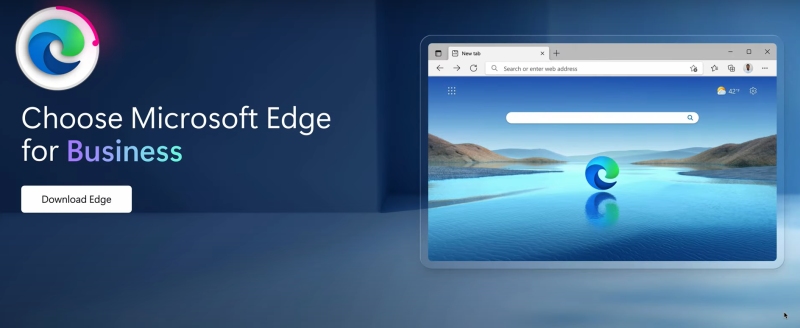
- Performance: The revamped Edge browser, now based on Chromium, offers excellent speed and compatibility with Chrome extensions.
- Security Features: Microsoft has incorporated strong security protocols and privacy controls into Edge, making it a viable option for enterprise users.
- Integration: Seamless integration with Windows 10 and 11 enhances user experience, though it may collect data for personalized services.
Opera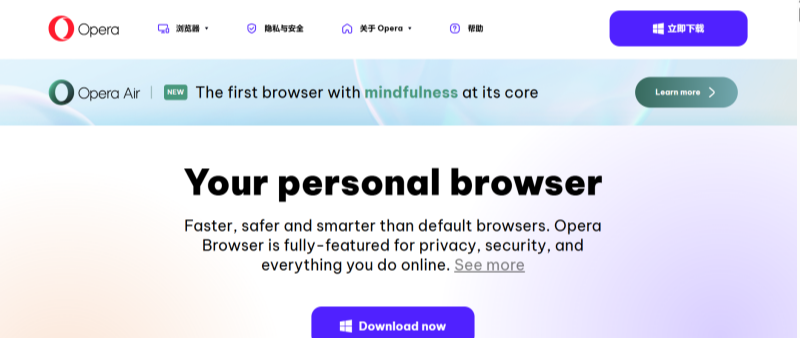
- Built-In VPN: Opera is one of the few browsers that includes a free, built-in VPN, which enhances privacy without the need for third-party solutions.
- Customization: Opera’s customizable interface and unique features, like a sidebar for quick access to social media and messaging apps, make it a versatile choice.
- Resource Efficiency: Opera is designed to be lightweight, offering quick load times even on less powerful hardware.
Vivaldi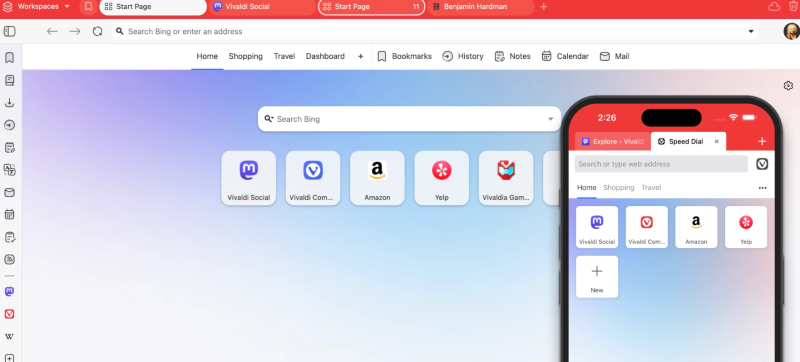
- Customization and Control: Vivaldi offers extensive customization options, allowing users to adjust every aspect of the browsing experience.
- Privacy Features: With features like built-in ad blocking and privacy settings, Vivaldi caters to users who want a personalized yet secure browsing experience.
- Innovative Interface: Its unique interface and productivity tools appeal to power users who demand high levels of control over their digital environment.
Browser Security and Performance Comparison
To help you decide which browser suits your needs best, here’s a comparison table summarizing key features of our top contenders:
| Browser | Speed 🚀 | Privacy 🔒 | Best For 🤔 |
| Chrome | ⭐⭐⭐⭐ | ⭐ | Performance, Google users |
| Firefox | ⭐⭐⭐ | ⭐⭐⭐⭐ | Privacy-conscious users |
| Brave | ⭐⭐⭐⭐ | ⭐⭐⭐⭐⭐ | Ad-free, secure browsing |
| Edge | ⭐⭐⭐⭐ | ⭐⭐ | Windows users |
| Opera | ⭐⭐⭐ | ⭐⭐⭐ | Built-in VPN seekers |
| Vivaldi | ⭐⭐⭐ | ⭐⭐⭐ | Customization lovers |
This table highlights the trade-offs between speed, privacy, customization, and security. While Chrome excels in speed and ecosystem integration, Firefox offers robust privacy and transparency, and Brave leads in privacy-first features without compromising on performance.
💖Pro Tips💖
UFO VPN prioritizes your privacy by blocking ISPs, advertisers, and cybercriminals from harvesting data about your device or habits. Recognized as the best VPN for PC and best VPN for Mac, its advanced encryption anonymizes your connection, ensuring activities like visiting onion sites never reveal your hardware specs, browser fingerprints, or real IP address.
With one-click activation, UFO VPN simplifies security—no technical expertise needed. Start shielding your data by using best VPN for PC and browse with uncompromised confidence.
How to Enhance Browser Security with UFO VPN
No matter which browser you choose from the types of browsers available, enhancing your online security is paramount. One of the most effective ways to do this is by pairing your browser with a reliable VPN. UFO VPN is an excellent solution that not only secures your connection but also helps you maintain your privacy across all browsing sessions.
Key Benefits of Using UFO VPN:
- Encrypted Connection: UFO VPN encrypts your data, protecting you from hackers and data breaches, especially on public Wi-Fi networks.
- Anonymous Browsing: By masking your IP address, UFO VPN ensures that your online activities remain anonymous, complementing your browser’s privacy features.
- Bypass Geo-Restrictions: With UFO VPN, you can bypass geo-restrictions and access content that might otherwise be unavailable in your region.
- Enhanced Security: Whether you’re using Chrome, Firefox, or Brave, adding UFO VPN creates an extra layer of security, making it more difficult for trackers to follow your online footsteps.
Frequently Asked Questions (FAQs)
1. What are the different types of browsers available?
There are several types of browsers, including mainstream browsers (Chrome, Edge), privacy-focused browsers (Brave, Tor), open-source browsers (Firefox), and lightweight browsers (Opera, Vivaldi). Each type caters to different user needs, from speed and customization to privacy and security.
2. How does Chrome compare with Firefox and Brave in terms of privacy?
Chrome, while fast and feature-rich, collects a significant amount of user data for personalized services. Firefox offers strong privacy controls and transparency due to its open-source nature, whereas Brave emphasizes privacy by blocking trackers and ads by default. Your choice depends on whether you prioritize speed and integration (Chrome) or enhanced privacy (Firefox/Brave).
3. Can I improve browser security without switching browsers?
Yes, you can enhance security on any browser by adjusting privacy settings, using security-focused extensions, and pairing your browser with a VPN like UFO VPN. These steps help encrypt your data and protect your identity regardless of your browser choice.
4. What makes Brave a good choice for privacy?
Brave’s built-in ad and tracker blocking, combined with its focus on minimal data collection, make it an excellent option for users who want to maintain a low digital footprint. Additionally, its performance benefits, such as faster page load times, add to its appeal.
5. Is it necessary to use a VPN if my browser already has privacy features?
While modern browsers offer robust privacy features, using a VPN provides an extra layer of security. A VPN like UFO VPN encrypts all your internet traffic, masking your IP address and further protecting you from hackers, especially on unsecured networks.
6. How often should I update my browser for security?
Regular updates are essential for maintaining browser security. Most browsers release updates automatically, but you should ensure you’re running the latest version to benefit from security patches and improvements.
7. Which browser is best for balancing speed and privacy?
The best browser for you depends on your specific needs. If speed is your top priority, Chrome is hard to beat. However, if you value privacy alongside performance, Firefox and Brave offer strong security features without significantly compromising on speed.
8. How do I pair my browser with UFO VPN?
Pairing your browser with UFO VPN is simple: subscribe to the VPN service, download and install the application, and connect to a secure server. Once activated, all your browsing data is encrypted, ensuring an additional layer of protection on top of your browser’s built-in security features.
Conclusion
Ultimately, the decision comes down to balancing your need for speed with your desire for privacy. Regularly reviewing and updating your browser settings, combined with a multi-layered security approach, can significantly reduce your digital footprint and protect your personal data. As digital threats continue to evolve, staying informed and proactive about your online security is more important than ever.By understanding the nuances of each browser and leveraging tools like UFO VPN, you empower yourself to navigate the internet safely and efficiently. Enjoy the freedom of fast, secure, and private browsing—whether you choose Chrome, Firefox, Brave, or another option from the diverse types of browsers available.







